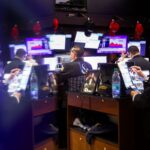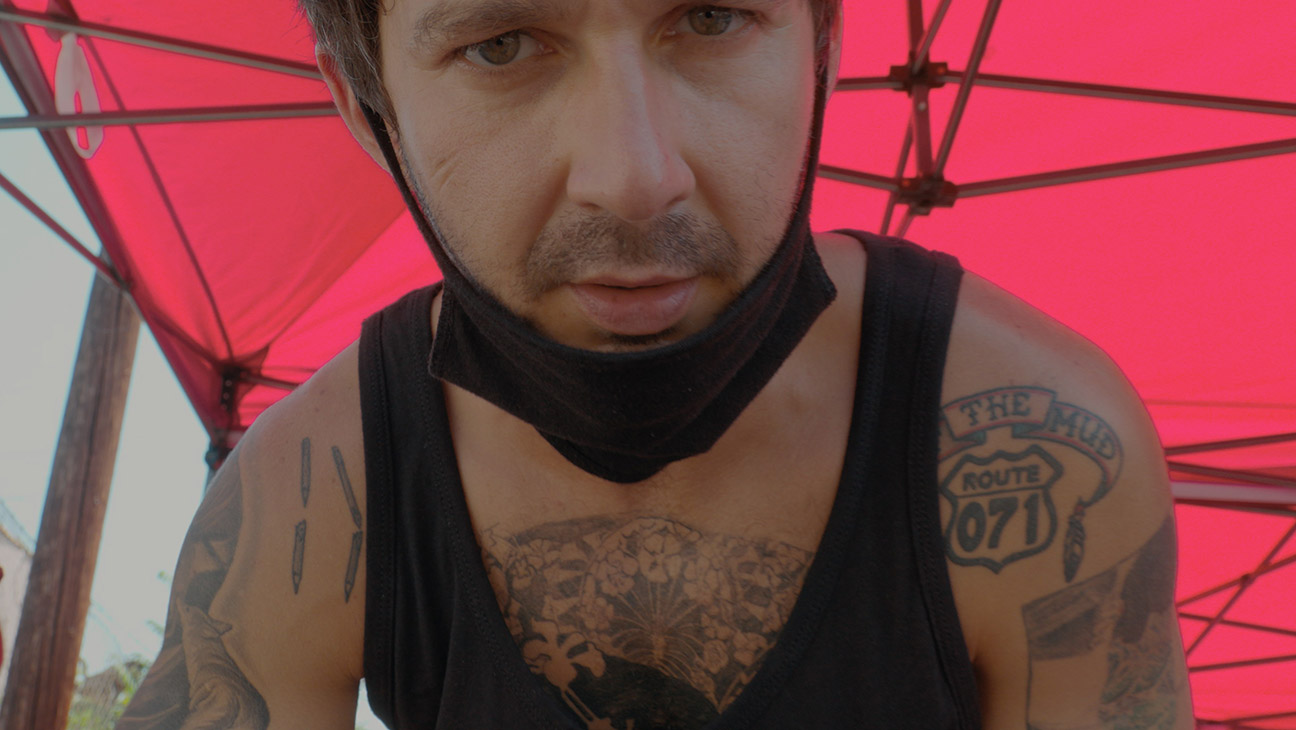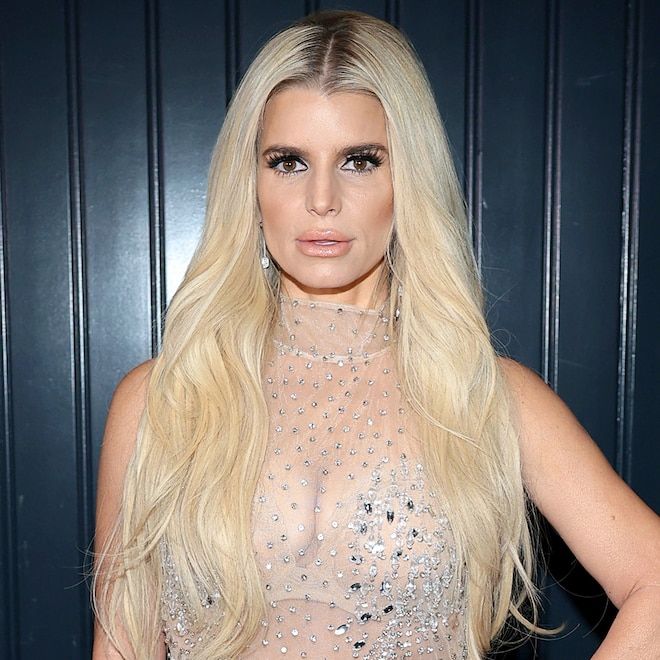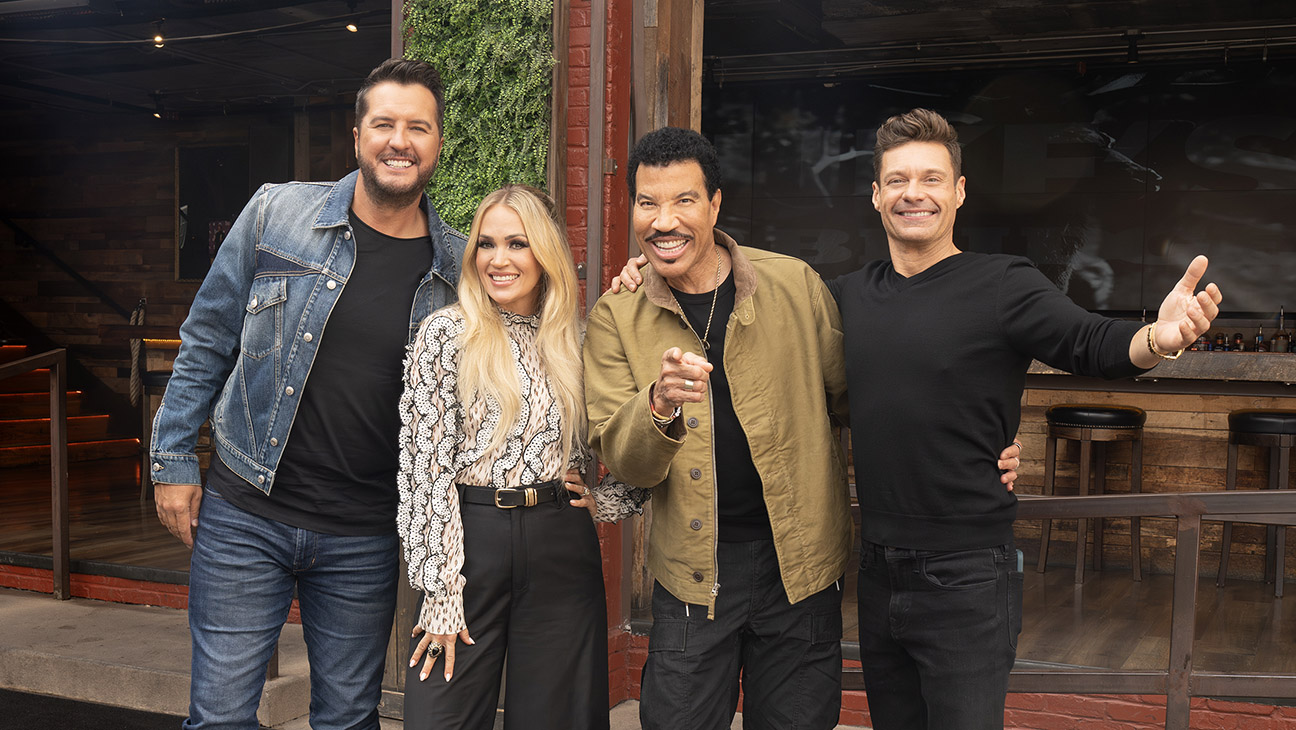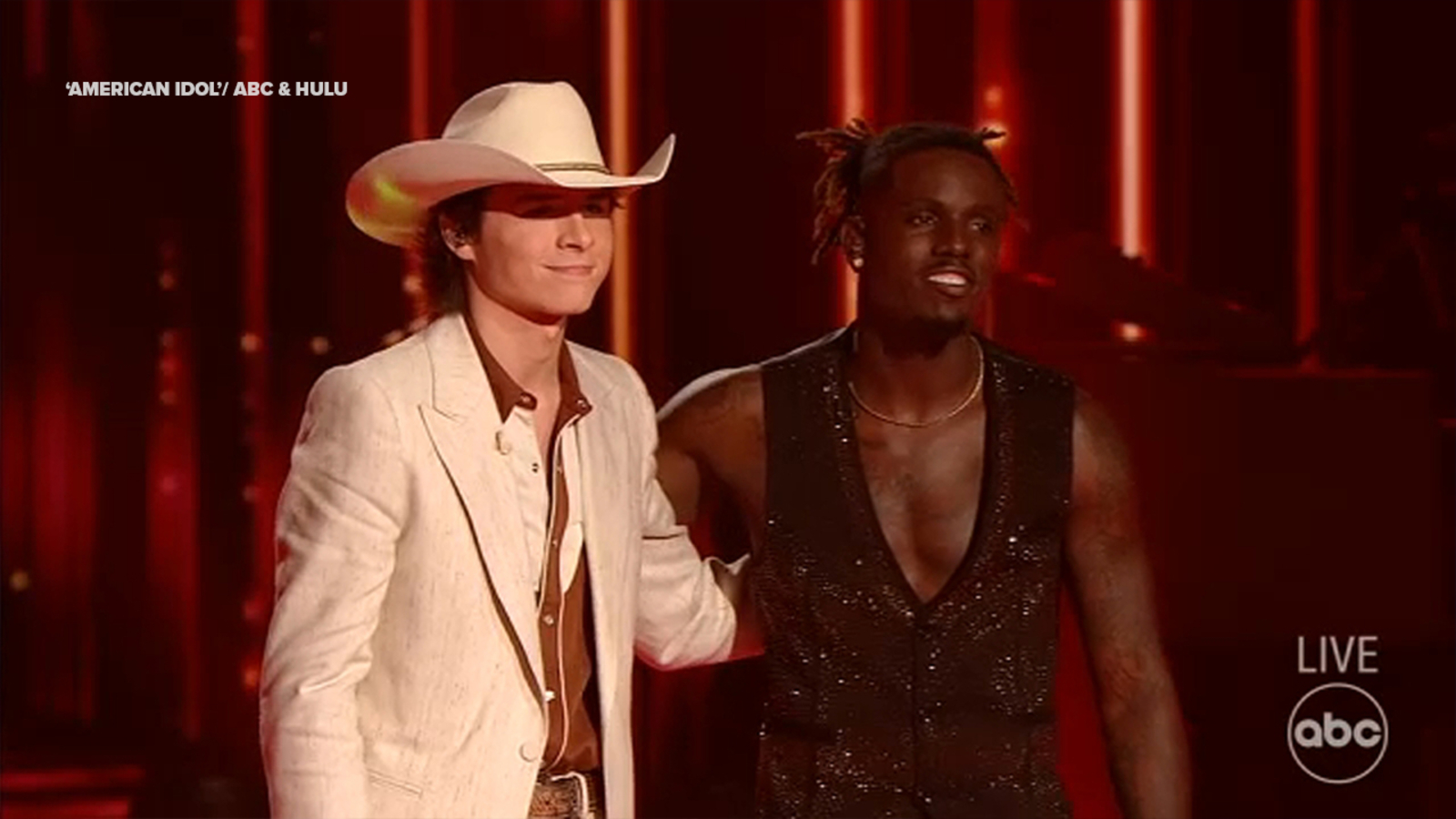Slauson Rec, drawn from several years’ worth of intimate video recordings of an experimental theater company, is a sincere exploration of collective creativity. It’s also the latest chapter in the Shia LaBeouf saga, the stuff of professional acclaim and offscreen headlines. Although LaBeouf isn’t the author of the documentary, he is the architect of the project it chronicles. You might call him the brutalist.
First-time director Leo Lewis O’Neil, who also handled all the camerawork, was one of the 200 or so people who responded to LaBeouf’s 2018 Twitter video announcing the formation of a free weekly theater workshop at the Slauson Recreation Center in South Los Angeles. Most were, like O’Neil, young and ardent admirers of the actor, who at that point was between movies and had a different kind of creative itch to scratch. Unlike the others, O’Neil wasn’t interested in performing, but, “desperate to be part of anything he did,” offered his services as archivist for the “social science experiment,” as LaBeouf himself would later, ruefully, describe it.
Slauson Rec
The Bottom Line
Like its central figure, sometimes wearying but mostly riveting.
Venue: Cannes Film Festival (Cannes Classics)
Director: Leo Lewis O’Neil
2 hours 27 minutes
Drawn from footage Lewis shot over a seven-year period, with most of it from the school’s three-year run, Slauson Rec records the stops and starts, the anything-can-happen electricity as bonds form, ideas blossom and strangers take chances together. Lewis was there for the frustrations and breakthroughs, the elation when things clicked and, increasingly, the meltdowns. As time went on, he found himself in the midst of a slow-motion train wreck.
A significant portion of the film’s running time involves LaBeouf, in all his mercurial splendor, losing his shit. He rants. He fumes. He storms off. On a couple of occasions he gets physical with members of the troupe. But this is no quick-hit gotcha. It’s clearly a personal story for Lewis, who was new to L.A. and alone when he ventured to the rec center and found not just something to do but a family. Poring over the group’s dynamics, he wants to understand what drove its leader. He might even want to help him exorcise the bad vibes. He bookends the main events with an interview with an older-and-wiser LaBeouf, married and raising a child with Mia Goth and copping to the “god complex” that drove him to make others suffer for his art.
There’s more than a little hyperbole in LaBeouf’s mea culpa when he calls the unintended results of his behavior “fascistic.” And the documentary’s ample running time — two and half hours — might be interpreted as an endorsement of the epic significance that LaBeouf attached to his Slauson Rec Theater Company.
Yet the doc is by no means a slog. It’s sensitively shot and sharply edited, and its energy flows. The same intensity that LaBeouf brings to his acting pours out of nearly every interaction he has in the film. Whether he’s enraged or kvelling, he has such a compelling way with words, and such an animated physicality, that he’s almost endlessly watchable. Almost. The dramatic exits lose their drama after a while. And there are quite a few of them, especially when rehearsals are in full swing for 5711 Avalon, the innovative pandemic-era production that would be Slauson Rec’s biggest and last production.
Slauson Rec might be a more inviting and effective experience if it were expanded slightly and reshaped into a two- or three-part cable docuseries. We don’t need nitty-gritty details, but a bit more info about the multimedia play 5711 Avalon would have been a welcome substitute for some of the repetitive instances of behind-the-scenes conflict, as watchable as they are. (It’s not hard to imagine some of those sequences as grist for a future episode of Documentary Now! That’s a compliment.)
Actors Bobby Soto and Donte “Bo” Johnson, who met LaBeouf on the set of The Tax Collector, were his co-founders in the theater company, but there’s no question that he’s the head honcho, the raison d’être. Decades earlier, the charismatic maverick John Cassavetes had done something similar, pouring his own Hollywood money into a Los Angeles theater project. Unlike Cassavetes, LaBeouf had no famous actors in his troupe, and it would take a while before he focused on scripted material.
In the early months, workshop sessions are devoted to movement-based “devised theater,” with an emphasis on improvisation and collaborative creation. The school’s numbers dwindle as those seeking more conventional acting lessons fall away. Among the ones who stay, spirits run high, and there’s a fevered excitement as the group plans its first public performance, with LaBeouf enthusing over “probably the best thing I’ve ever been a part of.” In an interview conducted at his hillside aerie, the actor emphasizes his hunger to create with others. But it isn’t long before harsh rebukes punctuate his encouragement. Notably, his first major tantrum happens on a day when he points out that he hasn’t been to AA much that week.
Months earlier, the five-minute personal introduction that LaBeouf delivered to kickstart the group’s first meeting revealed a narrative shaped by outsiderness, trauma, alcoholism and recovery — no surprise to anyone who has seen Honey Boy, the autobiographical feature he penned and starred in. That movie, shot and released around the same time as his Slauson Rec project was taking shape, revolves around LaBeouf’s troubled relationship with his manipulative father. Now, under Lewis’ vigilant eye, we see LaBeouf turning into an explosive paternal figure, one who declares his love “conditional” and taunts the group with angry reminders of his beneficence. “I’m doing everything!” he sputters in response to disappointing read-throughs.
In addition to LaBeouf’s mounting volatility, there are tensions within the group over its role in the immediate community — a crucial question for the arts in general in a country of extreme economic disparity. Then comes the COVID shutdown, bringing that disparity to the fore without truly addressing it. But, with 5711 Avalon, LaBeouf & Co. tried. Born of the pandemic and very much about it, the play is set in a COVID testing site. Fueled by a Hollywood star’s earnings, it’s a play that focuses on frontline workers. It would be rehearsed and performed in a South L.A. parking lot, and when it opened in October 2020, famous people — Jaden Smith, Sean Penn — showed up for the drive-in experience.
O’Neil zeroes in on three castmembers who find themselves at the receiving end of LaBeouf’s invective: Sarah Kaplan, Sam Walker and Ezekiel “Zeke” Pacheco, an ambitious actor from South L.A. who books a role on Netflix’s On My Block during rehearsals but remains committed to the play. Amid the underlying stress and uncertainty of the pandemic, LaBeouf is masked and dangerous, his outbursts a shocking mix of self-awareness and loss of control.
Though not a performer, O’Neil is clearly a full-fledged and well-liked member of the troupe, and the time he spends away from rehearsals with Kaplan and especially Pacheco, offering glimpses of their families, is fueled by profound affection. At one point during one of LaBeouf’s parking-lot freakouts, O’Neil zeros in on a little kid in the next-door backyard, watching through the fence in alarm and amazement. You get a sense that the filmmaker wishes he, too, could toddle away and not give this grown-up but childish drama a second thought. But, finally, Slauson Rec is defined by gratitude and love no less than hurt and confusion. Pointing his camera at the man who bought it for him, he sees someone fumbling toward grace.

